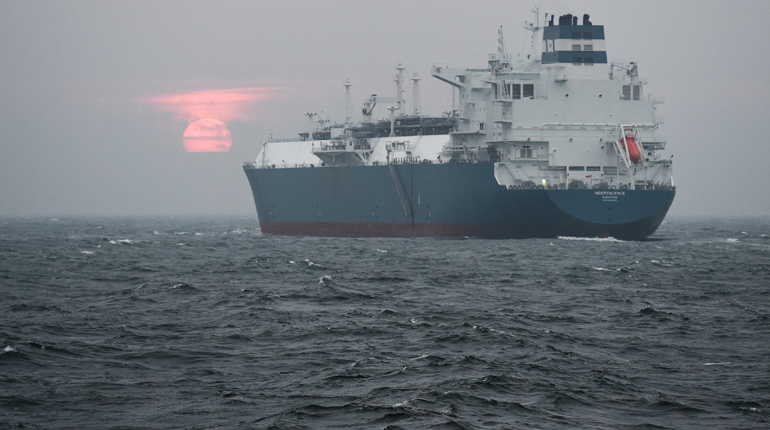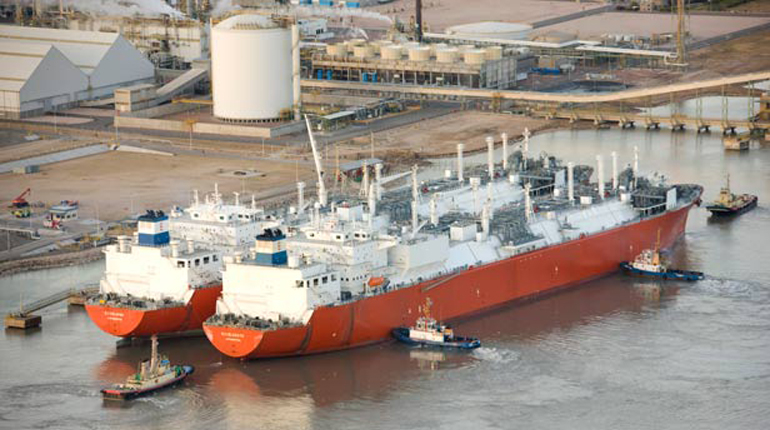Highlights
Economic overview
Most of Europe’s major markets achieved relatively stable economic growth at the start of the year, but uncertainties cloud the outlook.
The UK’s economy expanded by 2% on an annual basis in Q1 2016, a slight fall from the 2.1% growth seen in Q4 2015. There is the potential for a further dip in growth following the UK’s referendum on its membership of the EU on 23 June. Increased support for Brexit in the lead-up to the vote hit the pound and heralded further warnings of the economic damage a ‘leave’ could do to the UK and Europe as a whole. Polls in the days before the referendum show the vote is likely to be tight. If the UK does decide to exit the EU, a period of negotiations will drag out the uncertainty even further. How a potential EU exit will affect the UK’s gas market is unclear, but if it damages the economy then this will likely constrain energy demand growth and, consequently, the expansion of the gas market.
Europe GDP forecast
| Q2 2015 | Q3 2015 | Q4 2015 | Q1 2016 | |
| Germany | 1.6% | 1.7% | 1.3% | 1.6% |
| Spain | 3.2% | 3.4% | 3.5% | 3.4% |
| France | 1.1% | 1.1% | 1.4% | 1.4% |
| Italy | 0.6% | 0.8% | 1.1% | 1.0% |
| Netherlands* | 2.2% | 2.0% | 1.3% | 1.4% |
| UK | 2.4% | 2.2% | 2.1% | 2.0% |
Spain saw the greatest level of economic growth in Europe in Q1, with a year-on-year increase of 3.4%. The country’s growth has been consistently above 3% over the past year and economic indicators suggest it will continue to be solid during this quarter and next. Spain would benefit from a greater level of political stability following the next general election, scheduled for 26 June. A clear result would bring an end to the uncertainty Spain has suffered since the last election, which failed to give any party a clear majority. Spain’s economic growth has not resulted in the expansion of its gas markets, with demand falling on an annual basis at the start of the year and further falls in consumption possible over the summer months.



